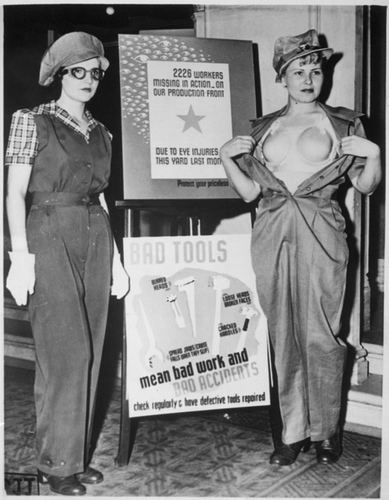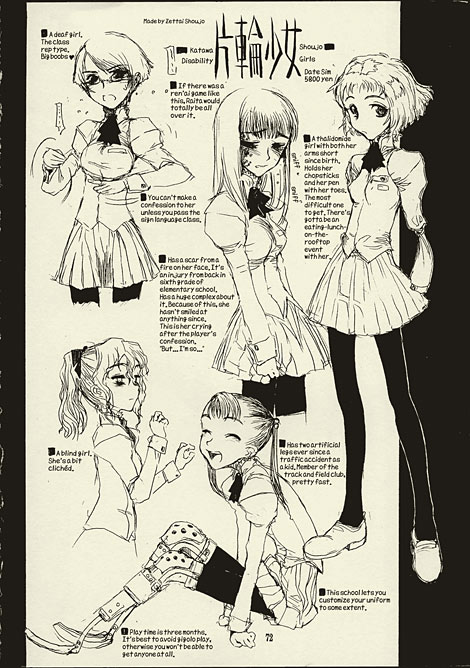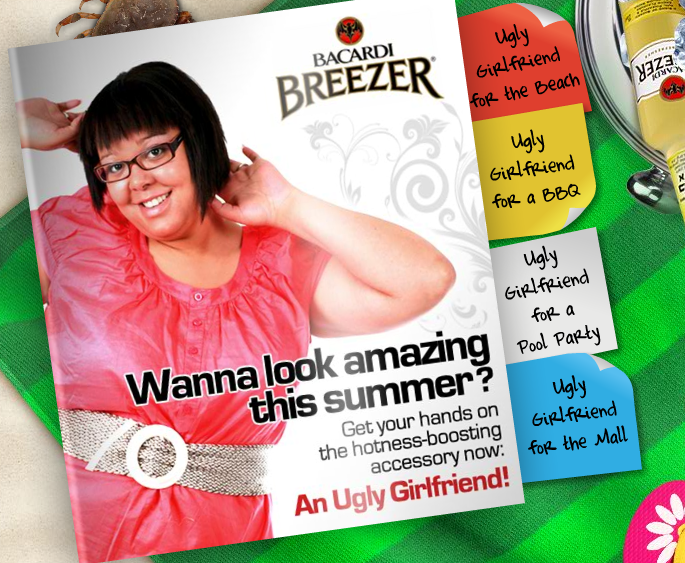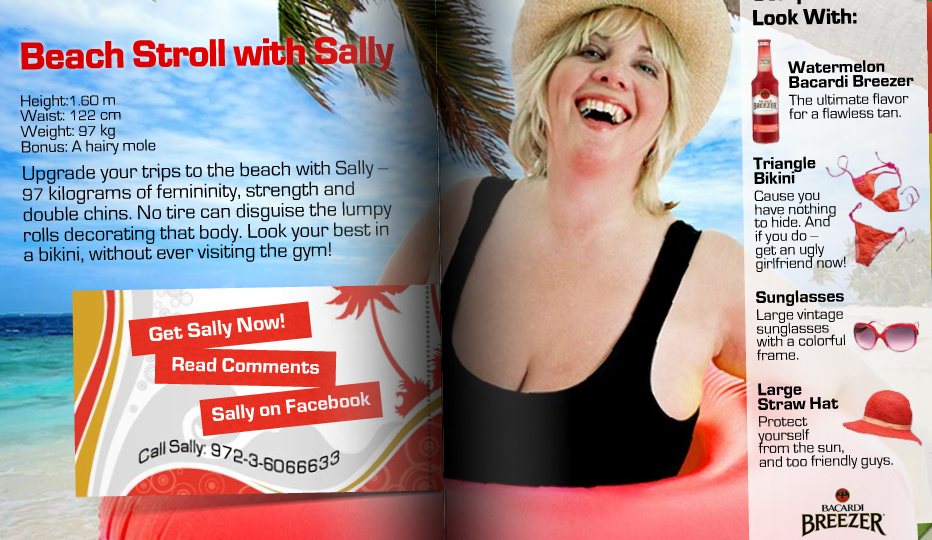The Wall Street Journal published an article about “cankles” (sent in by Dmitriy T.M.). It begins: “This summer women have a new body part to obsess about.”
There’s a gender-specific warning (men apparently need not worry about cankles) and passive language. “Women” simply “have” a new insecurity. It’s not as if, maybe, perhaps, the Wall Street Journal is actively telling women they must worry about cankles.
They offered an illustration:
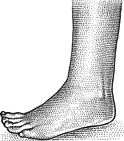
(As an aside, can you imagine being the illustrator who got this assignment? Like, do you think he drew the cankles and then went home and made himself a stiff drink, stared at his art degree diploma, and wondered what had become of his dreams?)
And!
In the guise of a history lesson, they offer a whole bunch more nasty euphemisms for body parts that you (and by “you” I mean ladies) “have” to worry about:
Via Jezebel.
—————————
Lisa Wade is a professor of sociology at Occidental College. You can follow her on Twitter and Facebook.
Lisa Wade, PhD is an Associate Professor at Tulane University. She is the author of American Hookup, a book about college sexual culture; a textbook about gender; and a forthcoming introductory text: Terrible Magnificent Sociology. You can follow her on Twitter and Instagram.

